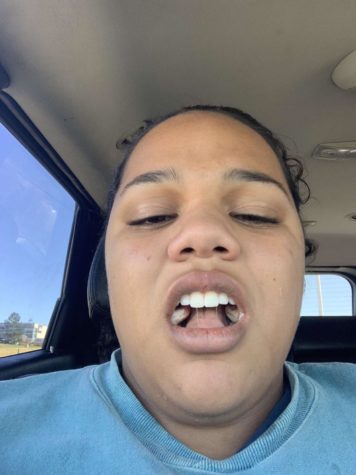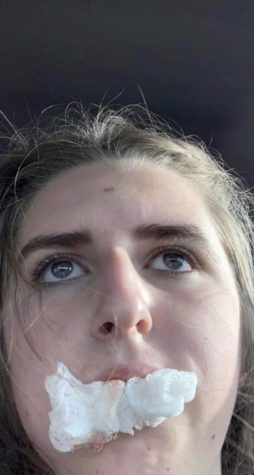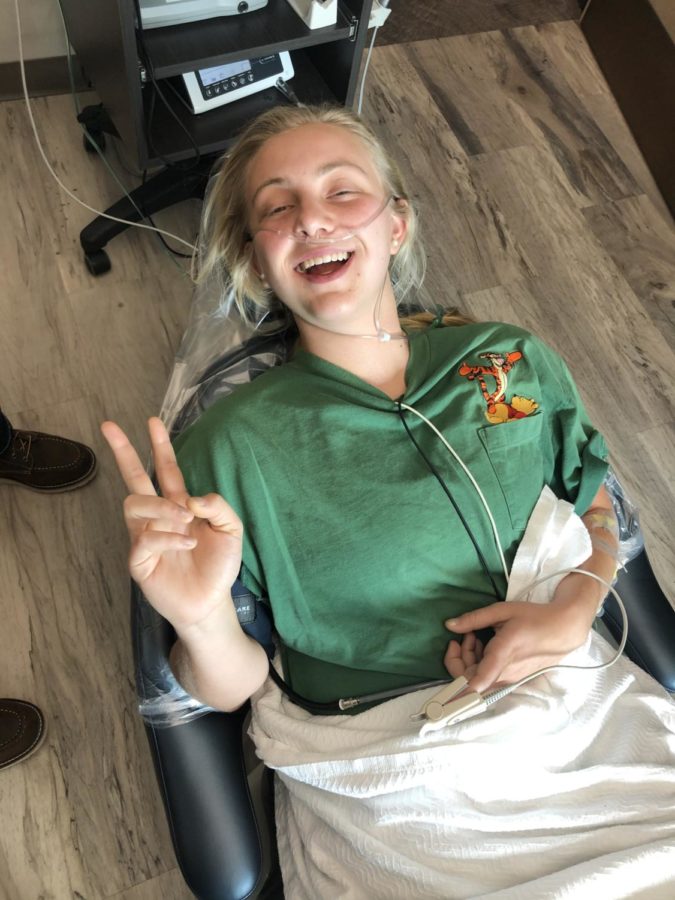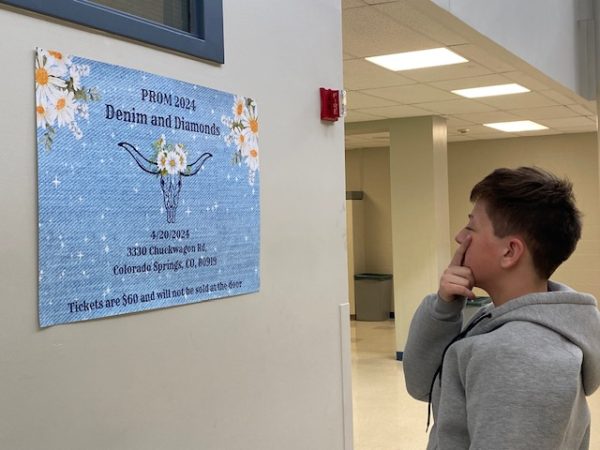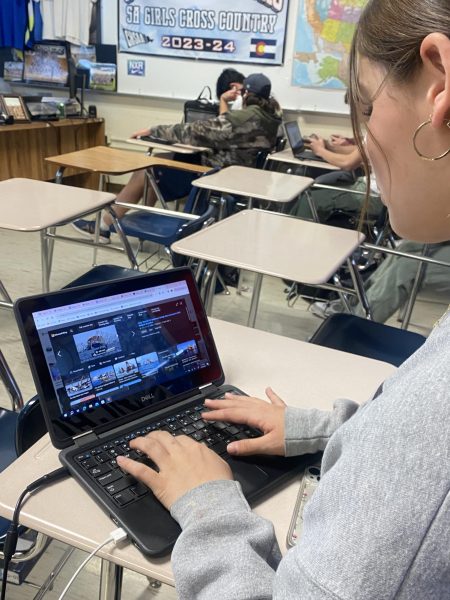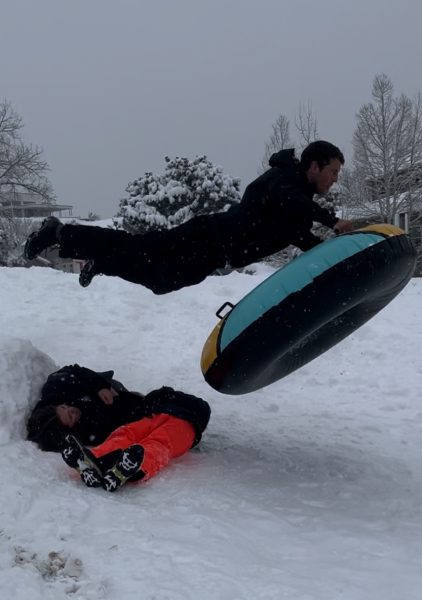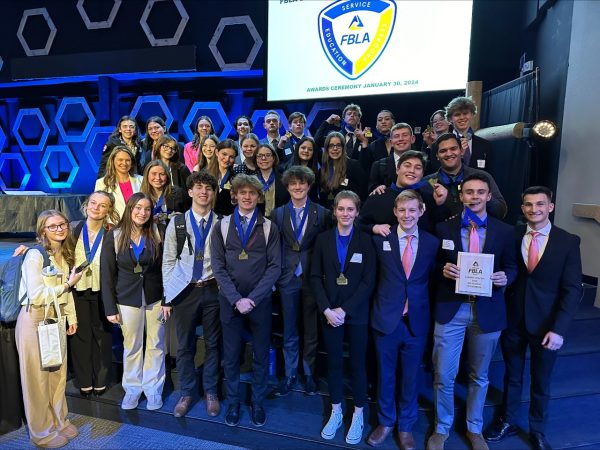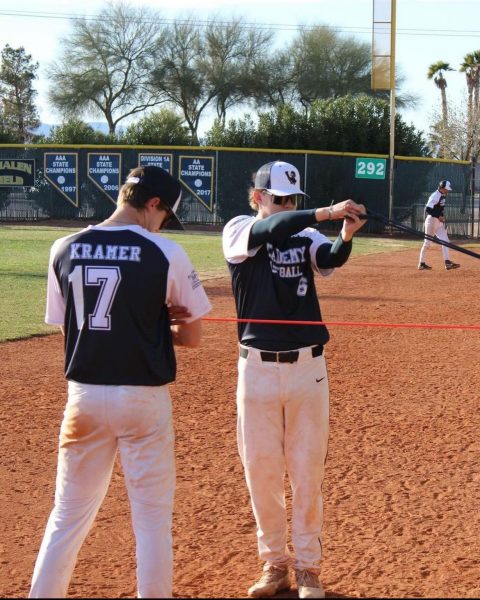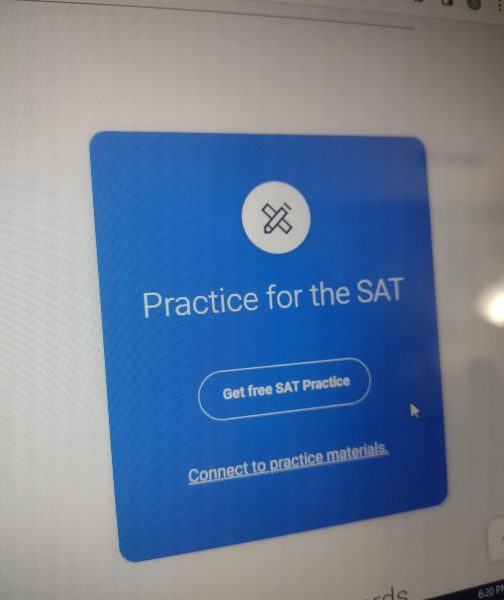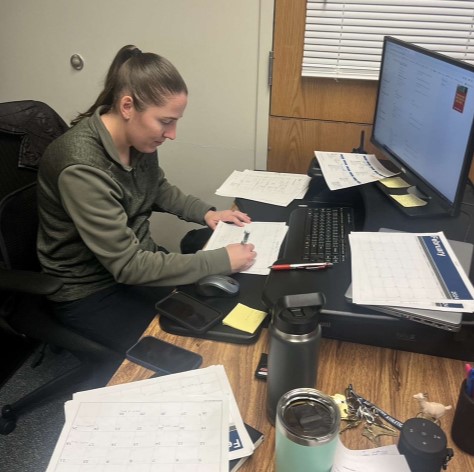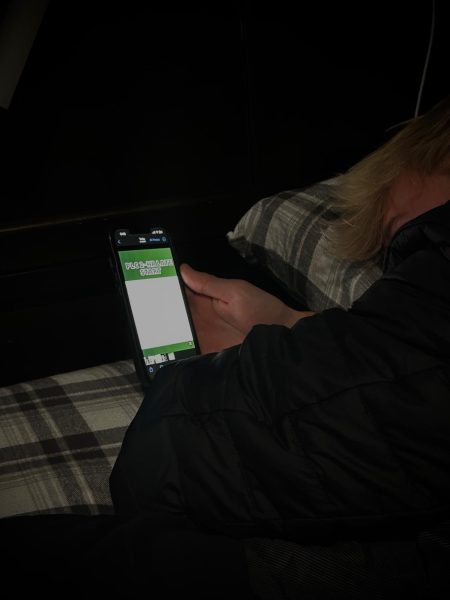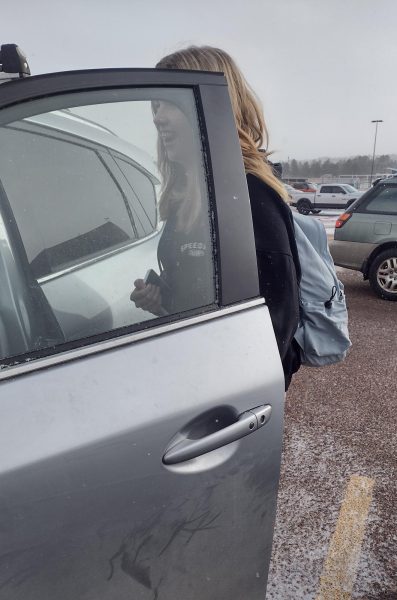What the Tooth Fairy Didn’t Expect: The Journey of Wisdom Teeth Removal
I walk into the bright doctor’s office with sweaty hands and an apprehensive heart.
Today is the day that I am getting my wisdom teeth out.
The nurse brings me back to my very own room where I would be laying unconscious for the next hour. I stare at my dad, who stands outlined by the dull walls as they put an IV in my arm. The world fades to black.
Before I knew, it I’m done with the surgery and had been awake for fifteen minutes without even realizing. Endless amounts of silly comments spew out of my mouth with the occasional drool. I’m feeling loopy as can be, and I act even crazier in the eyes of those around me.
According to the American Public Health Association, “Ten million wisdom teeth are removed each year.”
Among teenagers and young adults, wisdom teeth removal is a common source of dread. For the majority of kids whose wisdom teeth removal is their first surgery, it can be very intimidating. The abundance of “what ifs” start circling through your brain. Horror stories from other people’s experiences start hanging over your mind, not to mention the pressure of finding the right doctor and time to do it is a challenge in itself.
However, I am here to tell you:
It can be as bad as you have heard…or it can be easy and carefree. It’s a gamble for everyone who goes under the knife.
In my case, you could say I had somewhat of a “decent” experience. The first two days post-surgery for myself were spent just as they were supposed to be, eating soft ice cream and yogurt and binge-watching Netflix while icing my face.
Then, day three rolls around and my body began to react to the pain pills I was on; I had horrendous bruising across both sides of my face, partnered with terrible swelling.
Flash forward two weeks after my surgery and my right side was still in pain. I made an urgent doctor’s appointment and found out I had a serious infection on my right lower extraction that was quickly cured by antibiotics. The doctor said that infection is the most common problem with wisdom teeth removals.
“The common risks related to the surgery include poor wound healing, infection, pain, and [uncontrollable] bleeding…[additionally] nerve injury, in rare cases of wisdom teeth removal, can leave people with permanent numbness around the face and mouth,” according to the America Public Health Association.
Besides myself, a handful of AAHS students that have gone through their very own wisdom teeth removal, each having a story of their own.
“I think I had a pretty decent surgery overall, [however] I didn’t think anything would happen to me, but to this day (two months later) the left side of my tongue is completely numb to the point I can’t taste or feel anything on that side,” said senior Callissa Steel.
On a different note, Junior Kylynn Ollivierre said that her “experience [went] surprisingly well.”
“The only crazy thing that happened was how many times I had to get stuck with an IV (7 times). At first I was going off the walls from the laughing gas and when I woke up I became really emotional,” Ollivierre said.
Regardless of how good or bad the post-surgery outcome of your wisdom teeth experience is, there is always a level of common discomfort among everyone.
Here are some tips and what to expect from your very own wisdom teeth-less Kadets:
“Ice and taking medication is the very best thing for recovery,” said senior Molly Carroll.
“Don’t drink out of straws for at least a week, and keep your mouth cleaned out,” said Steel.
“Definitely ice a lot, like as much as you can. It will make the pain lessen a lot and it makes your face a lot less swollen and helps with jaw stiffness,” said junior Alex Conforti.
Ollivierre said she wished she would have known that her “speaking would sound weird for multiple days afterward.”
“I wish someone told me how long it would take me to recover because I’m still swollen [after two weeks],” said senior Heather Buescher.
In addition to all of these tips, I strongly advise eating extremely soft foods for the first few days after surgery. The less you irritate your mouth with hard foods, the less extreme your swelling will be. Eat foods like applesauce, yogurt, ice cream, smoothies (but with a spoon), mashed potatoes, avocados, and soft mac n cheese,
Overall, the best tip of all is to learn to embrace the silliness of the whole process. Allow others to help and take care of you and enjoy the time you get for recovery. Take an endless amount of goofy photos and document your whole process, because the majority of it you won’t remember.
